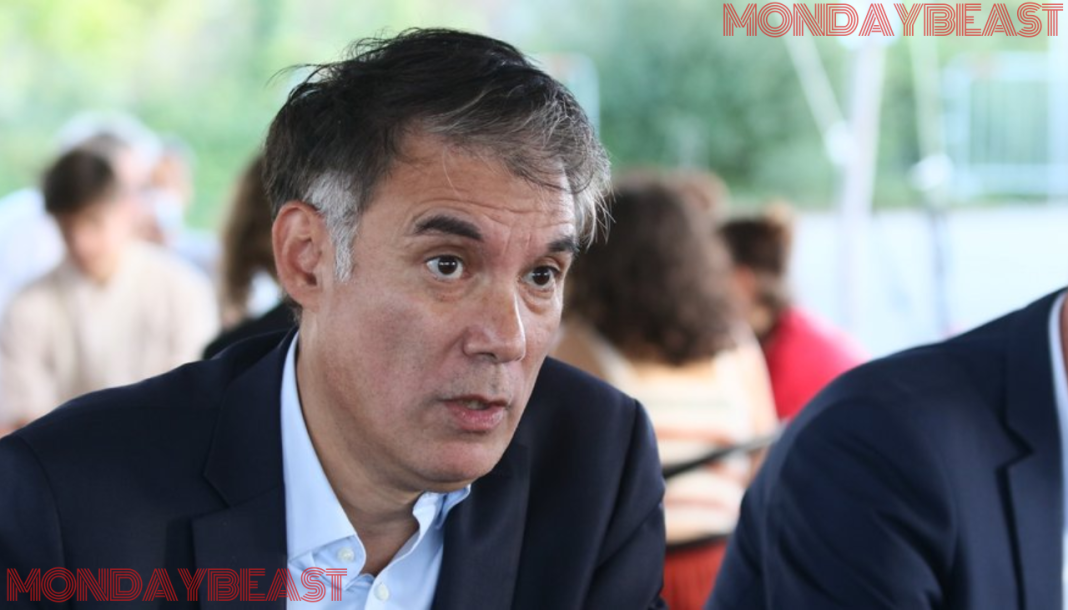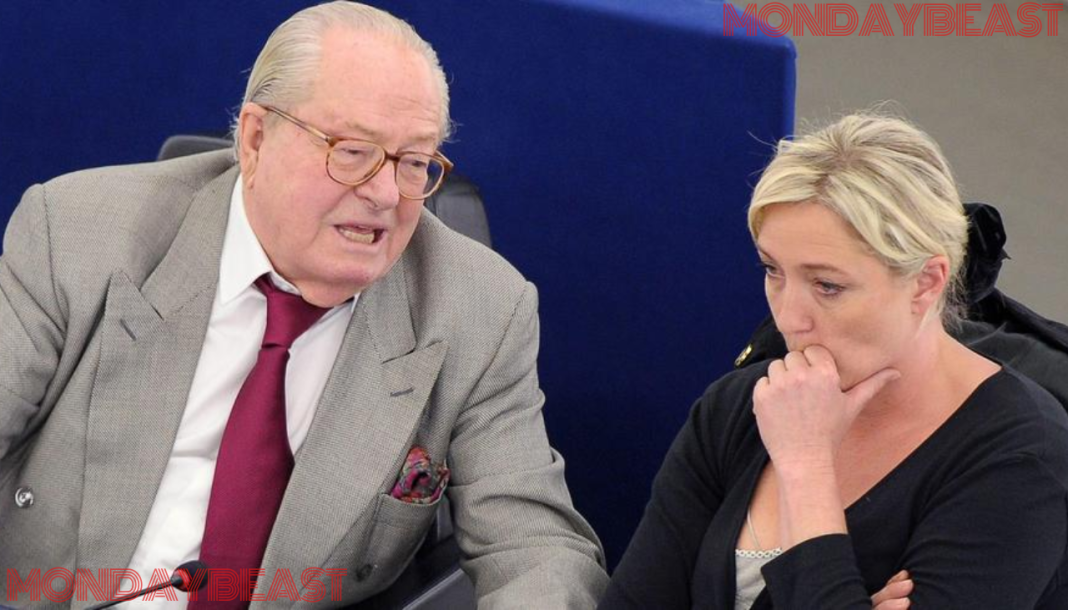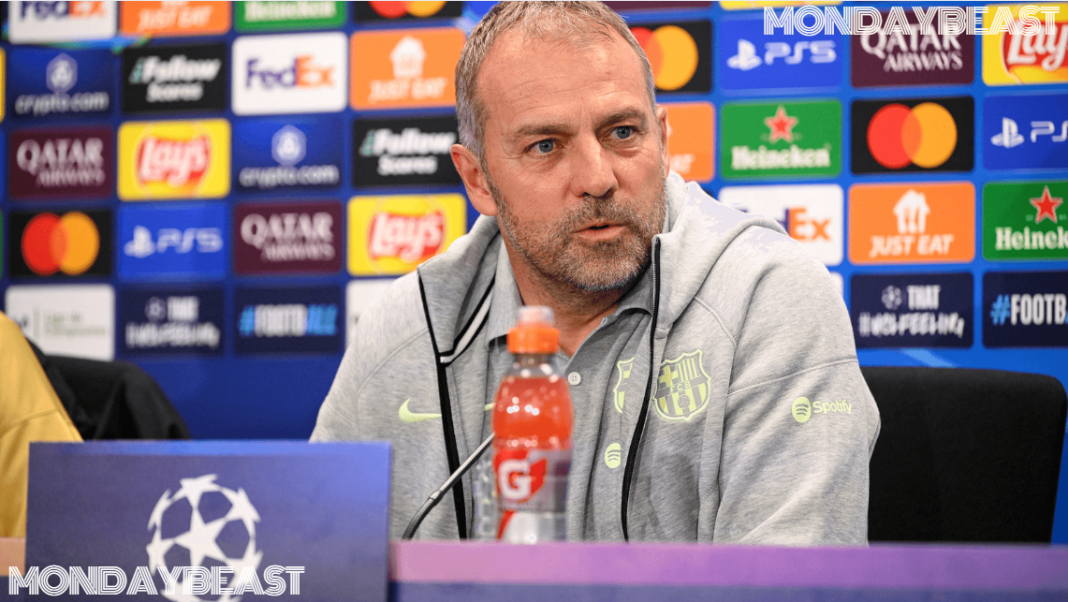Abrogation of terrorism apology law sparks intense debate.
Can political alliances withstand fierce disagreements? Recently, a proposal from La France Insoumise (LFI) has stirred the pot within the French political landscape. It seeks to eliminate the legality surrounding the praise of terrorism.
While this proposal is just a small part of a larger conversation, its symbolic value has captured attention. The implications seem weighty, especially for the Socialist Party (PS), which finds itself intertwined with LFI due to past agreements. Strikingly, the proposal has left many members of the PS uneasy.
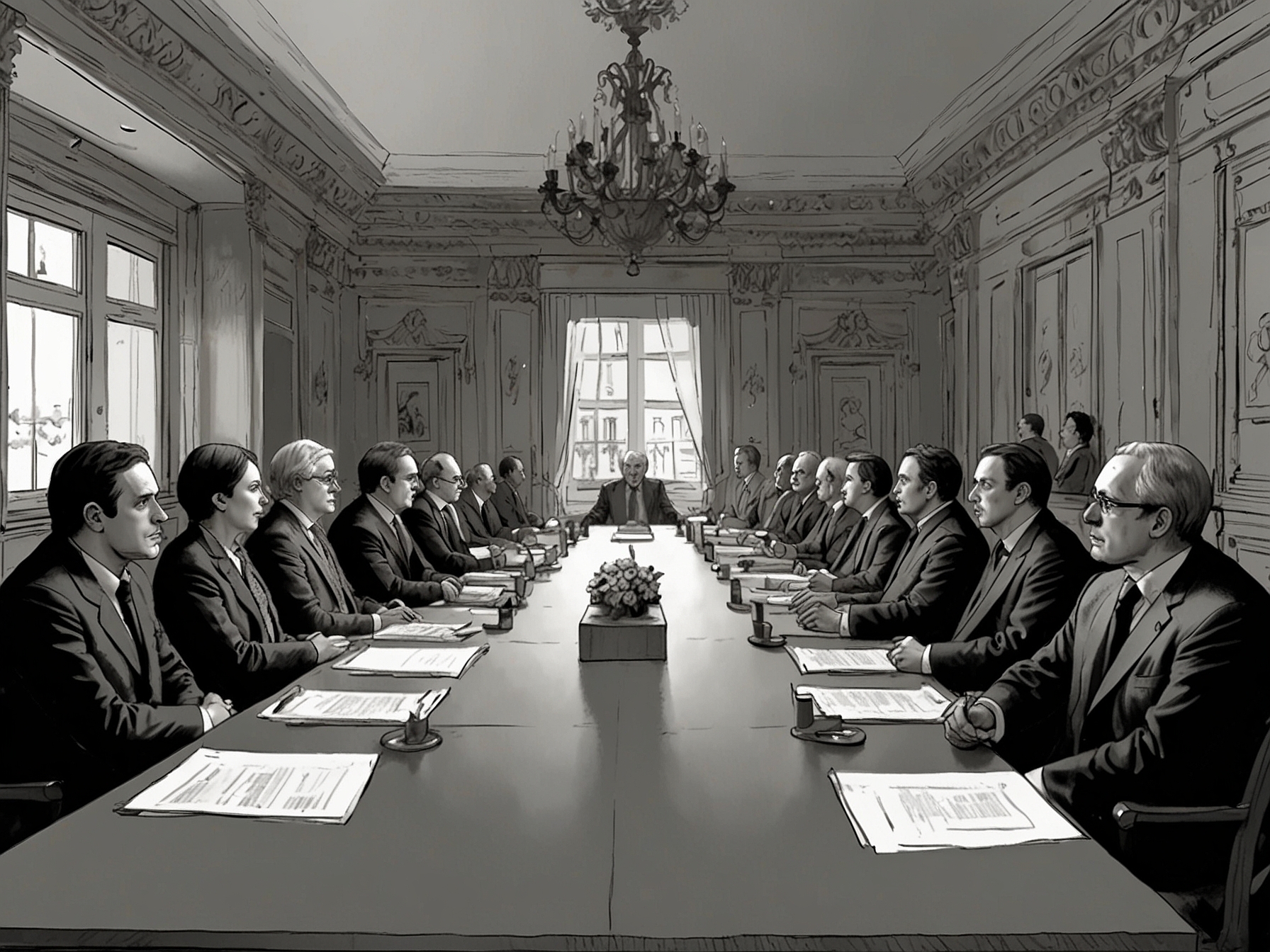
How could a party, already fractured, navigate this contentious issue? On the surface, it seems a straightforward question. Yet, the reality is much more complicated.
Socialists are stuck in a predicament. They rely on ties formed with LFI during the last election. Walking away from these alliances would expose their vulnerability in future elections. Is that a risk worth taking?
Olivier Faure leads the PS during this turbulent period. He is positioned between pressure from Jean-Luc Mélenchon and expectations from his party. Both sides demand clarity, but at what cost?
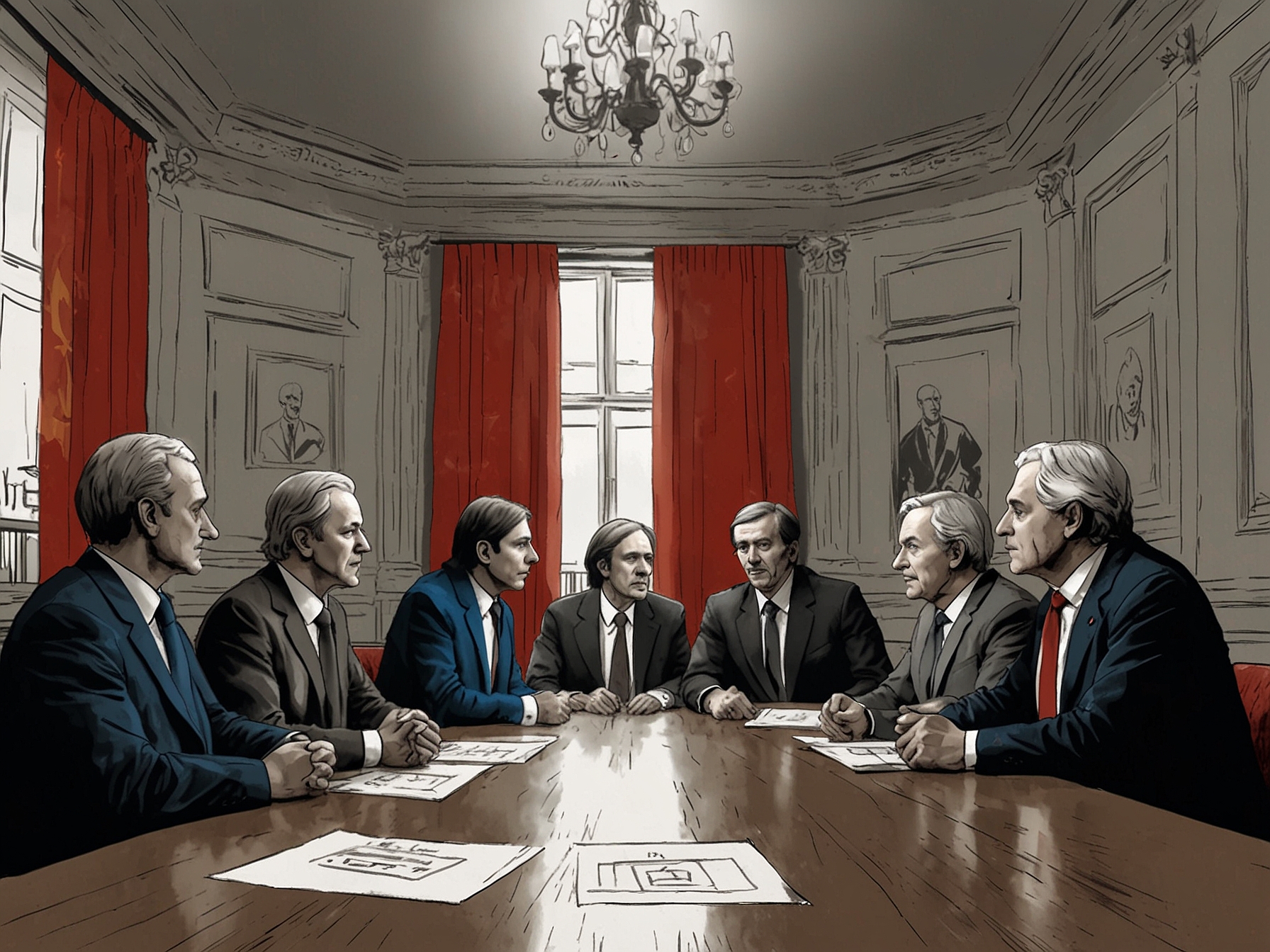
Those supporting Mélenchon view the PS’s hesitations as weakness. The distrust runs deep. Mélenchon’s hard stance on this issue serves to tighten his grip on leftist unity.
What does this mean for the PS? Could the internal tensions further split their already fragile coalition? The socialists are unwilling to break away, yet they are also not entirely pleased with the status quo.
Could this proposal lead the PS to reevaluate its alliances? It’s plausible, yet complex. In a system where alliances can make or break political careers, any wrong move could be disastrous.
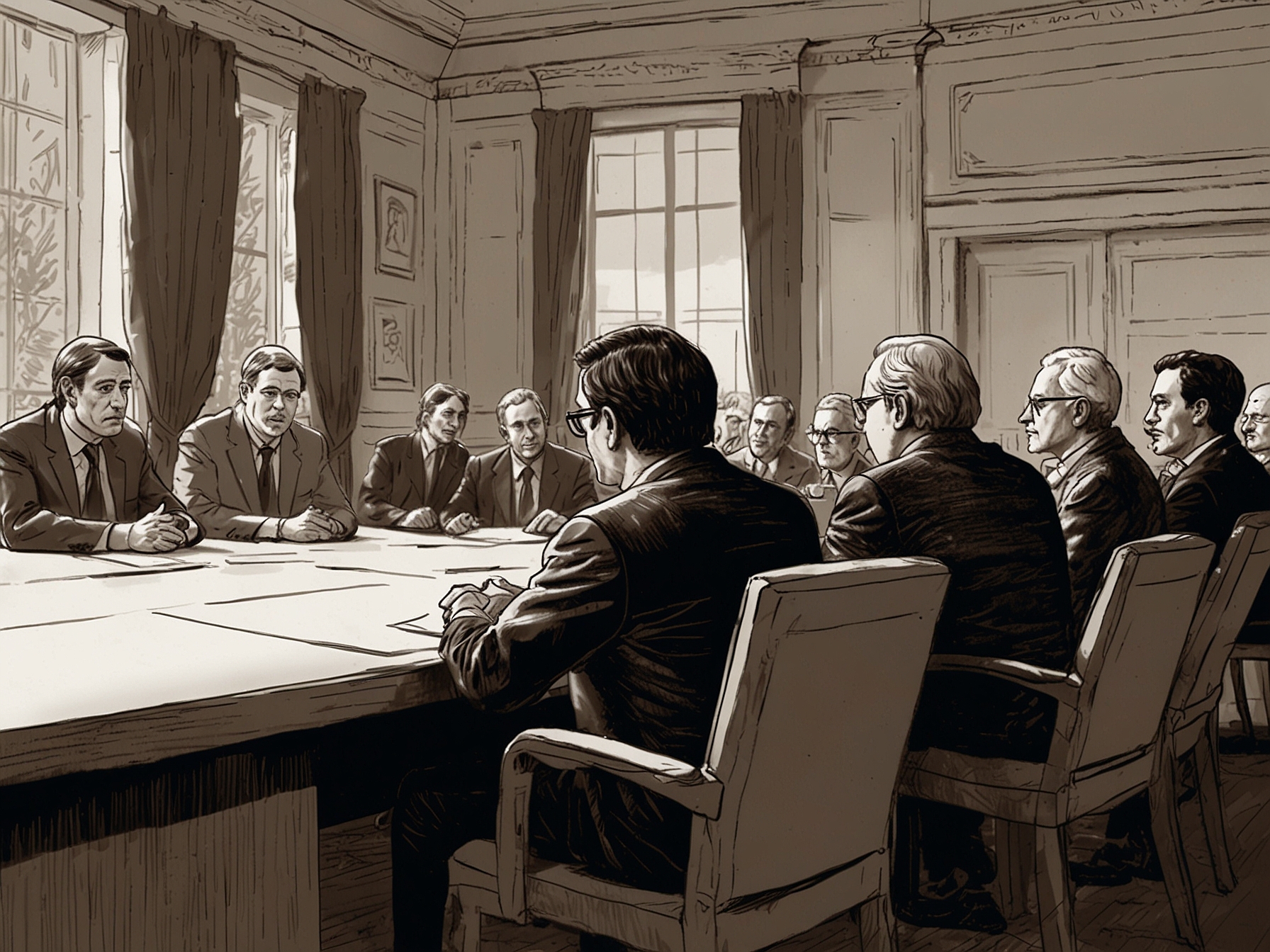
Tensions within the PS also speak to the broader national atmosphere. France grapples with many pressing issues—polarization, economic strife, and social discontent. In this landscape, unity is paramount.
Past alliances are being tested. At what point does diplomatic courtship turn into a liability? As tensions filter through party lines, the struggle for survival becomes very real.
Is this struggle indicative of a larger decay? The potential dissolution of the left coalition remains an ever-looming specter in the background.
Would a split strengthen any faction? LFI appears robust, while the PS risks marginalization if it diverges too far from prevailing leftist ideology.
As political maneuvering continues, the stakes grow higher. The fear of losing political capital weighs heavily on party members. They must play a careful game while trying to maintain their core beliefs.
So, how does one navigate a political minefield of this nature? Reflections on these alliances reveal the intricacies of collaboration versus autonomy.
The future depends on various factors—election system changes or shifts in popular sentiment. Both could dramatically alter the landscape.
For now, the entanglement with LFI remains a double-edged sword for the PS. It must tread lightly to balance internal demands and external influences.
Are they caught in a trap of their own making? The ongoing saga of the French left remains a captivating narrative, filled with conflict and potential.
Ultimately, what lies ahead for the PS and LFI is uncertain. The only certainty is that the dialogue will continue, fraught with tension and intrigue.

